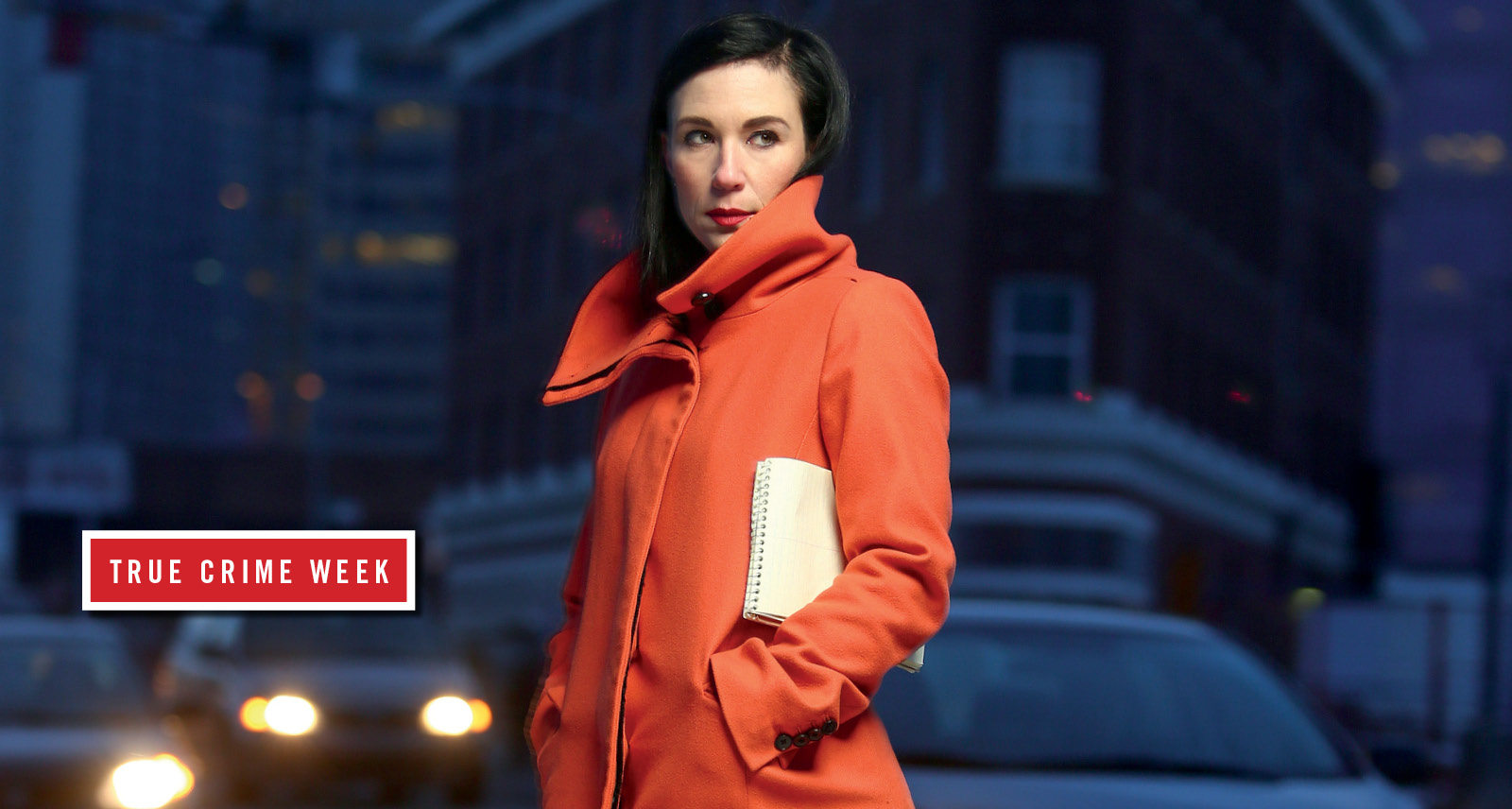My Life as a Crime Reporter
I meet a lot of people on the worst days of their lives. Sometimes, at their very worst moments.
These are very intense meetings. After 17 years as a crime reporter, the images remain vivid in my mind: a man watching his wife’s body being pulled from a wreck on the highway. Another walking toward a line of police tape strung around his family’s house, looking as scared and lost as an orphan.
“What happened?” he asked me.
I told him, “You need to speak to that man over there,” and pointed him toward a homicide detective.
Those are the moments that divide lives permanently into before and after. You can see an entire life changing in the muscles of the face.
Crime reporters are sometimes called ambulance chasers or vultures. I’ve been called both, and worse. (Recently, it was a “morally wrong dumbass.”) I understand. A line of reporters gathered outside a crime scene, or crushing toward a grieving family on the courthouse steps, is not a flattering image. But I believe in true crime. I’ve devoted much of my life to telling crime stories. They are important. They can make a difference.
At its best, true crime explores the most extreme aspects of human existence: life, death, trauma, survival. It is about what happened, but also why it happened, what the effects are, and whether it could have been prevented. Those are essential questions, not only to victims and their families, but to all of us.
True crime can provide context outside of people’s worst days. It can explore the social issues that make an entire life difficult, issues that are deeply intertwined with criminal acts: mental health, poverty, racism, addictions, domestic violence.
In some cases, crime stories change laws, or, at least alter broader attitudes and perceptions. They can hold authorities and the justice system up to scrutiny and account. In other cases, true crime may simply record what was lost. A way to share the experience of one person, one family, one victim.
That is no small thing.
When I approach the family of a victim, I tell them I want to give people an opportunity to talk about what happened, and to make the person they loved more than just a name or a number. Sometimes people hang up on me, swear at me, or slam the door in my face. I once had a woman say she wanted to stab me. But we kept talking. Hours later, after our interview, she asked if she could give me a hug.
We are still in touch.
A few months back, I met with a man the day after his daughter was found brutally murdered. As we spoke, he pressed a photograph into my hand. In it, his daughter was on vacation with her family, smiling, and radiant.
“Here,” he told me. “Now you show people who she really was.”
Jane G. Pruden is a Canadian reporter, and the former crime bureau chief of the Edmonton Journal.










